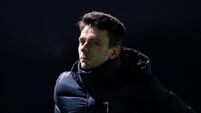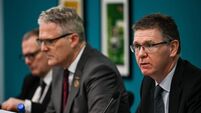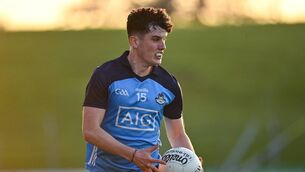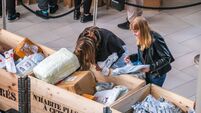Why this week is different
“My work for the All-Ireland final doesn’t start this week, it begins back in May with the commencement of the championship. In RTÉ, we treat every match we cover with the same degree of importance as the All-Ireland final. Naturally there is more excitement and hype about a day like Sunday but I have been researching Kilkenny and Galway since the start of the season, as I do with every other team.
“There is a massive amount of work required for any commentary. I spend hours poring over tape after tape. I read as much as I can in papers in the build up, plus I talk to people on the phone for nuggets of information that may be of interest. I have little profiles of players which I update every week of the championship. 95% of that information may never be used but commentary is an un-scripted drama, therefore you have to be prepared to expect the unexpected. I always make the effort of travelling to the counties involved where possible and have attended countless training sessions around the country. You try to learn little things that could be of importance on game day, it could be a goalkeeper’s puck out strategy, a player’s preference for hitting left or right — basically you are trying to anticipate what may happen in a given situation. I’ve been very lucky over the years that most counties have been pretty good in making allowances and allowing me attend and for that I am grateful.














